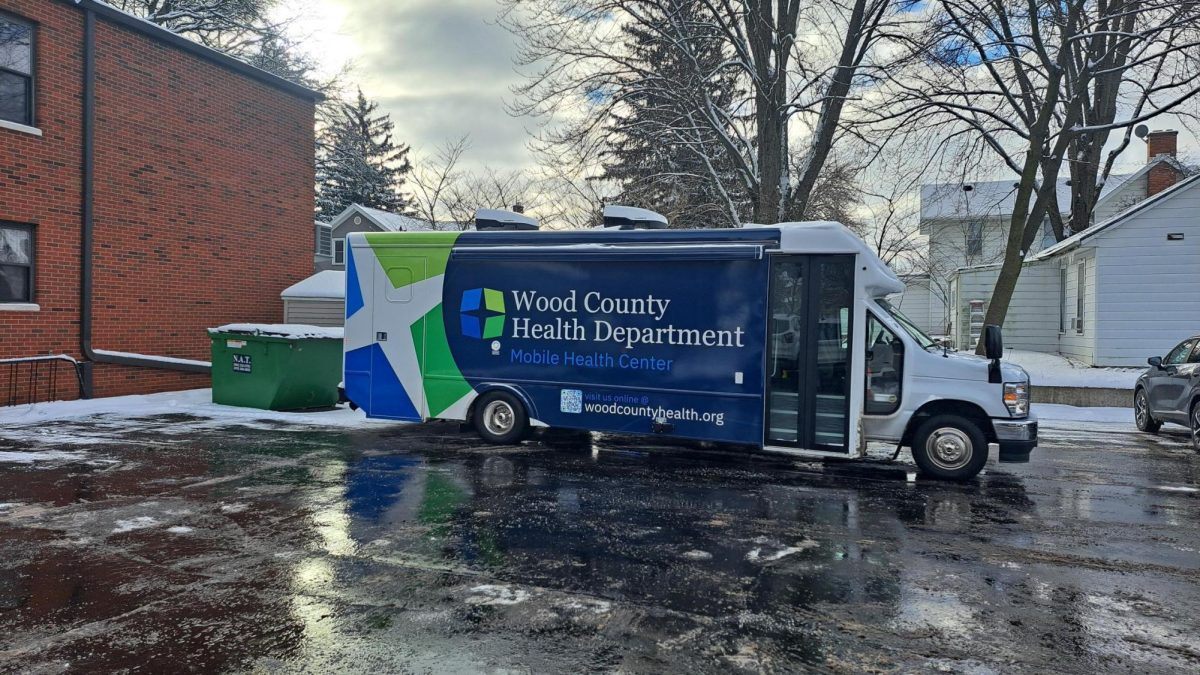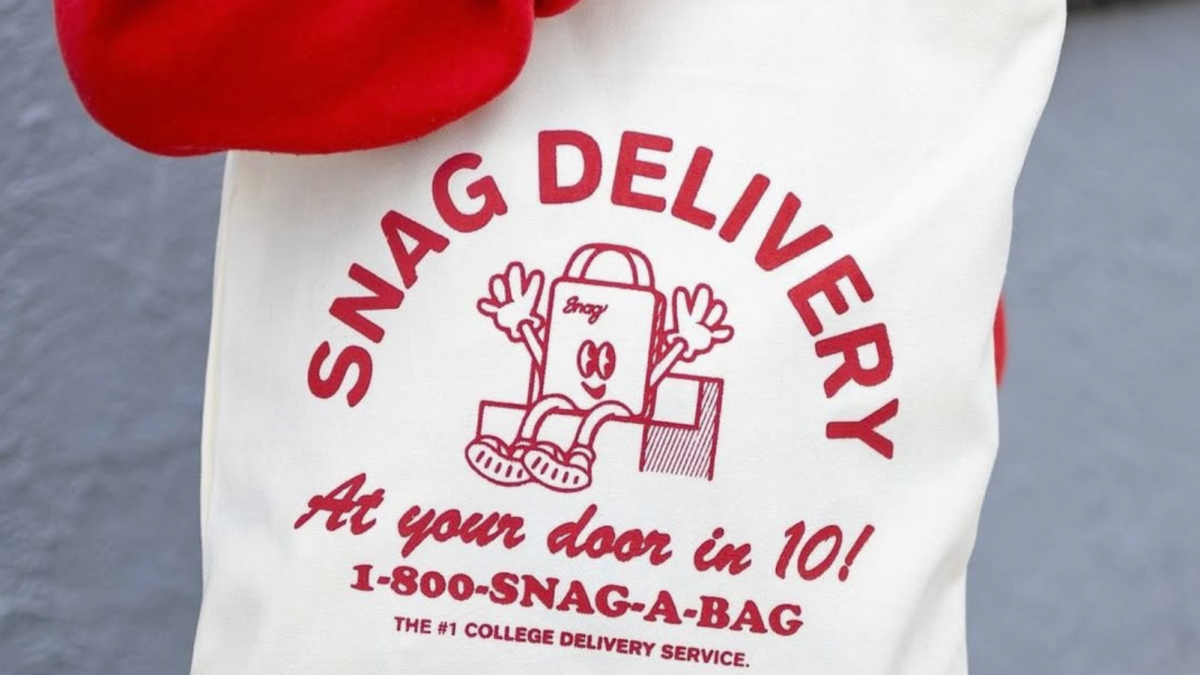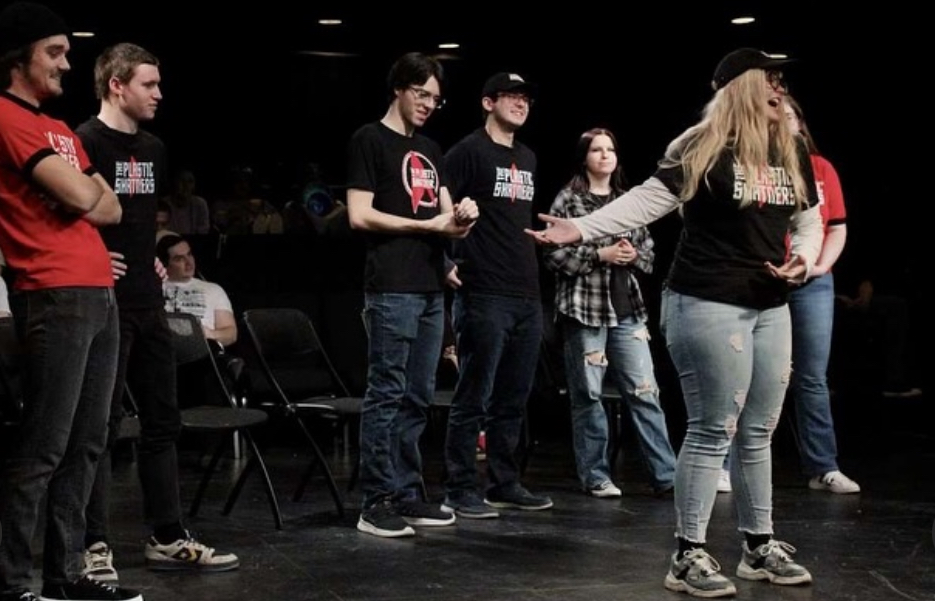On Saturday afternoon, the University lawn was full of people, music, dancing and laughter.
The gathering was for a somber cause, the University’s second annual suicide walk.
Sara Ruese, a member of Omega Phi Alpha, said this event is supposed to be like a party.
“I see it as a celebration of the lives we lost and those we saved,” Ruese said.
Ruese said she has a family member who struggled with depression and it greatly affected her life and her family. She also had a friend in high school who struggled with self-injury.
“If I could do something to help so that they don’t turn to those outlets, then it’s a win,” Ruese said.
The American Foundation for Suicide Prevention puts on these walks, called Out of Darkness walks, across the nation to raise awareness of suicide and its effects on survivors and family members.
Rachel Valis, alumna of 2001, is the co-chair of the Northern Ohio chapter of AFSP and helped put on the walk.
“This is our second year and we really hope to keep it going,” Valis said.
Valis lost her aunt and her mother to suicide. She said these walks have helped her deal with their deaths.
“Being a part of this [organization] is the silver lining,” Valis said. “It reminds me that their deaths are not in vain.”
Valis said 150 people pre-registered for the walk and she hoped to have up to 200 walking.
“I hope that people get that it’s okay to be coming out of their own darkness,” Valis said. “We are here to fight the stigma associated with mental disease.”
The other co-chair of the walk was Blaire Weseling, who lost her friend to suicide.
“This is my first year chairing and my second year walking,” Weseling said.
Walkers wore honor beads of different colors, each color representing a different situation the walkers experienced.
Megan McCloud, junior, lost her friend to suicide and is friends with a girl running the event.
“It’s just to help people be more aware of suicide,” McCloud said. “It’s not something to play with and also we need to support those who struggle today.”
Weseling said this event is not only for those who have died, but those who are still struggling.
“The main thing I want people to get is that they aren’t alone,” Weseling said. “There is a support system and it’s okay to ask for help.”













